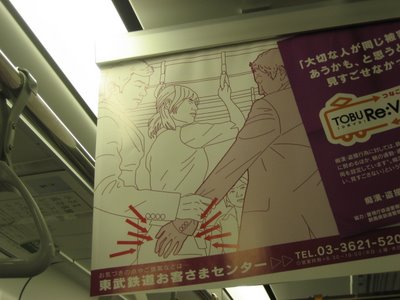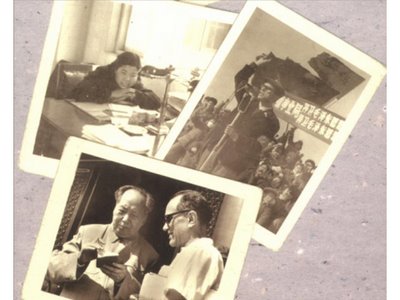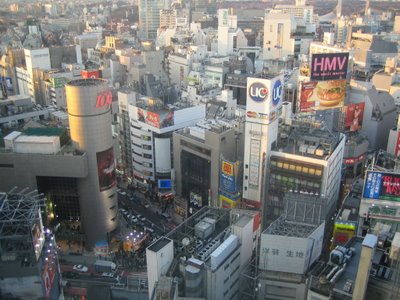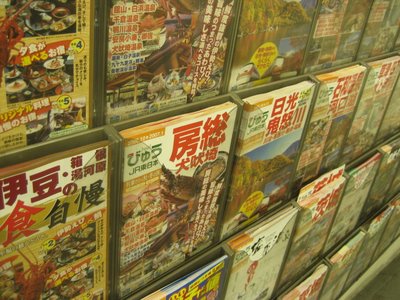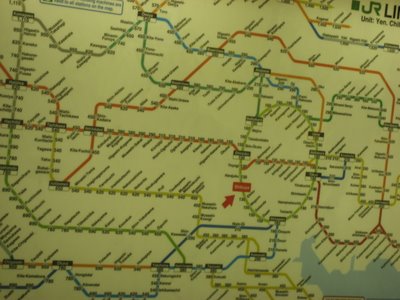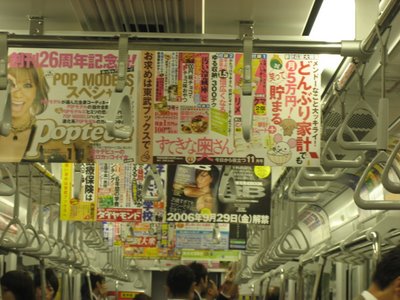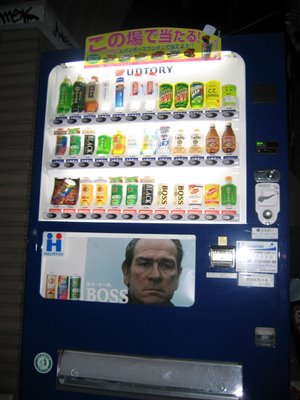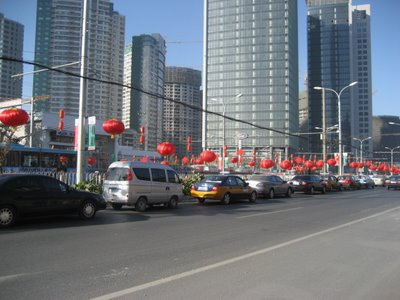
Beijing road decorated for summit
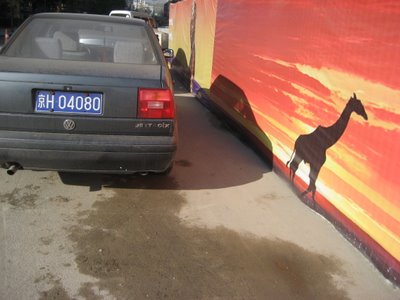 A jetta (also a popular car model in Africa) parked next to one of the billboards welcoming the African summit attendees
A jetta (also a popular car model in Africa) parked next to one of the billboards welcoming the African summit attendeesI don't think I've seen so much effort for one summit, perhaps reflecting that this time China is entertaining in the role of patron.
China's involvement in Africa is relatively recent but they are now investing heavily into the continent which they see as a key future market for Chinese products, a chance to build valuable voting partnerships in the UN and a source of bargain priced resources (especially from African regimes the West won't deal with - Mugabe doesn't consider China a 'very special friend' for nothing).
While the West is still looking at China as the economic opportunity, China is building up the African continent with infrastructure, anti-corruption campaigns and training future African leaders alongside future Chinese government cadres - simultaneously contributing to economic development while also ensuring Chinese businesses have the best possible operating conditions.
People's Daily Online article about the Summit here.



